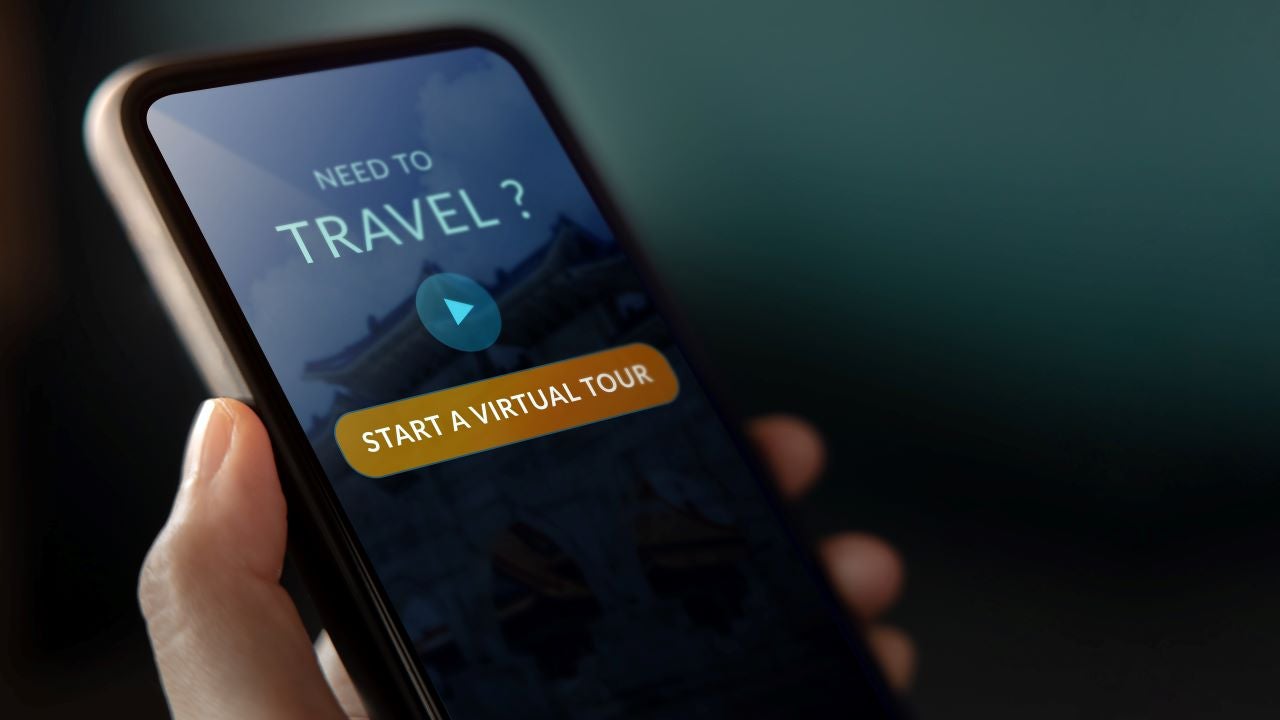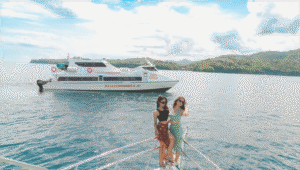The travel & tourism industry continues to be a hotbed of innovation, with activity driven by a greater desire from consumers for personalised offerings that heighten the traveller experience. The need to provide an experience has increased, with younger cohorts seeking more than just a holiday and trends such as transformational travel growing. This has put pressure on tourism companies and attraction operators to deliver, and investing in innovation is very much part of the answer. Technologies such as machine learning and big data analytics have helped personalise offerings, while virtual and augmented reality have enabled companies to enrich their marketing materials and appeal to travellers during the inspiration and planning stages. In the last three years alone, there have been over 15,000 patents filed and granted in the travel & tourism industry, according to GlobalData’s report on virtual reality in Travel: Virtual touring interfaces.
According to GlobalData’s Technology Foresights, which uses over 21,000 patents to analyse innovation intensity for the travel & tourism industry, there are 20+ innovation areas that will shape the future of the industry.
Virtual touring interfaces is a key innovation area in virtual reality
Virtual tours allow companies to go far beyond the traditional means of high-quality static images and videos and to truly inspire the would-be traveller or guest by transporting them to the hotel or site by way of a semi-immersive VR tour that allows them to experience it remotely. While it cannot replace the feel of physically being there, it is not meant to. It is intended to compel the traveller to then book such a trip. This technology, along with augmented reality, came to the fore during the peak of the COVID-19 pandemic, as travel restrictions limited the ability to travel but people still wanted to plan their next trip. Virtual tours were the perfect middle ground solution.
GlobalData’s analysis also uncovers the companies at the forefront of each innovation area and assesses the potential reach and impact of their patenting activity across different applications and geographies. According to GlobalData, there are 10+ companies, spanning technology vendors, established travel & tourism companies, and up-and-coming start-ups engaged in the development and application of virtual touring interfaces.
Key players in virtual touring interfaces – a disruptive innovation in the travel & tourism industry
‘Application diversity’ measures the number of different applications identified for each relevant patent and broadly splits companies into either ‘niche’ or ‘diversified’ innovators.
‘Geographic reach’ refers to the number of different countries each relevant patent is registered in and reflects the breadth of geographic application intended, ranging from ‘global’ to ‘local’.
What is immediately noticeable when looking at which companies are filing for IP protection in the area of virtual touring interfaces is that players from across the travel & tourism spectrum are evident. Attraction operator Universal Studios has filed for the highest number of patents since 2015, followed by Airbnb. Major cruise line Royal Caribbean also features in the top ten, as does travel IT specialist Amadeus. Royal Caribbean has filed to protect innovations related to virtual reality dining, a virtual reality trampoline, and an augmented reality tour guide, showing the wide range of possibilities for virtual tour interfaces. This area has not escaped the attention of global tech giants, with Microsoft and IBM filing for 12 and nine patents respectively since 2015.
To further understand the key themes and technologies disrupting the travel & tourism industry, access GlobalData’s latest thematic research report on Virtual Reality (VR) in Travel & Tourism Industry (2021).






More Stories
Four Travel Tips for London
IGTM Lisbon 2023: “Refreshing to see so many new tour operators and vacation agents”.
Nebraska Medicaid to Vacation to Scottsbluff Tuesday for Tumble Listening Tour